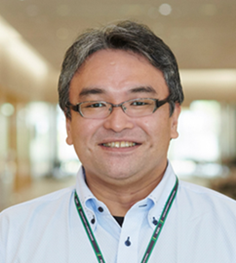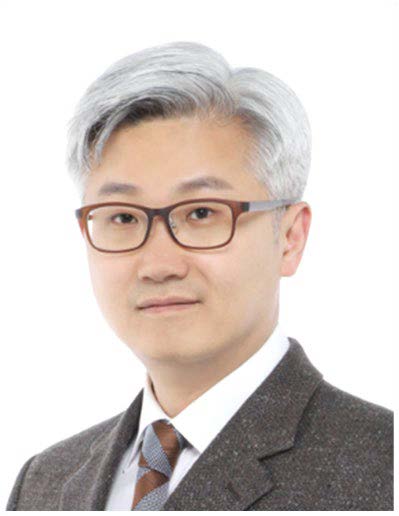
Prof. Takahiro Namazu
Kyoto University of Advanced Science, Japan
Biography:
Takahiro Namazu received the B.S., M.S., and
Ph.D. degrees in mechanical engineering
from Ritsumeikan University, Kusatsu, Japan,
in 1997, 1999, and 2002, respectively.From
2002 to 2006, he was an Assistant Professor
with the Department ofMechanical and Systems
Engineering, Graduate School of Engineering,
theUniversity of Hyogo, Himeji, Japan. In
2007, he became an Associate Professorat the
university. In 2010, he joined the
Precursory Research for Embryonic Science and
Technology (PRESTO) program, “Nanosystems
and Emergent Functions”of the Japan Science
and Technology Agency (JST), as a
Researcher. In the JSTPRESTO program, his
research project was the emergence of self-propagatingexothermic
nanomaterials for future semiconductor
industry and human life care. In 2016, he
became a Professor of the Department of
Mechanical Engineering, Aichi Institute of
Technology, Toyota, Japan. In 2019, he
joined the Kyoto University of Advanced
Science (KUAS), Kyoto, Japan, as a Visiting
Professor. In 2020, he will become a
Professor with the Faculty of Engineering,
KUAS.
He is currently engaged in studies on
functional film materials, such asself-propagating
exothermic materials, and their applications
to micro/nanoelectro-mechanical systems
(NMEMS). His research interests also include
thedevelopment of material testing
techniques for measuring the
mechanicalproperties of micro/nanoscale
materials, such as carbon nanotubes and
siliconnanowires, which focuses on
clarifying the nanomaterials’ size effect
phenomenaand these mechanisms. The
evaluation of the reliability of MEMS
andsemiconductor devices is included as well
in his interests for realizing thedesign of
ultra-long life microdevices. Dr. Namazu has
earned over 20 research awards for
hisoutstanding materials research results
and his contributions to the evolutionof the
micro/nanoscale materials science field in
the world.

Prof. Simon MoonGeun Jung
Hankyong National University, Korea
Biography:
Professor Jung holds a Ph.D. in Chemical and
Biomolecular Engineering from the University
of Sydney, Australia, an MBA from the
University of Newcastle, Australia, and a
Bachelor of Engineering in Chemical
Engineering from Seoul National University,
Korea (1999). His research focuses on
advanced polymer materials, sustainable
environmental technologies, and
hydrometallurgical processes for waste
batteries and catalysts, with significant
contributions to plastic recycling, metal
recovery and remanufacturing, green solvent
design, and process innovations for a
sustainable chemical industry.
He is a professor in the Department of
Chemical Engineering at Hankyong National
University in Anseong, Korea, beginning in
September 2024. Prior to this, he was a
Principal Research Scientist at the Korea
Research Institute of Chemical Technology in
Daejeon, Korea, where he worked from 2015 to
August 2024. He also held an academic role
as an Associate Professor in Sustainable
Environmental Biotechnology at the
University of Science and Technology, Korea,
between 2016 and 2019. Earlier in his
career, he served as Principal Researcher in
Global Technology at SK Innovation Co., Ltd.
from 2011 to 2015.